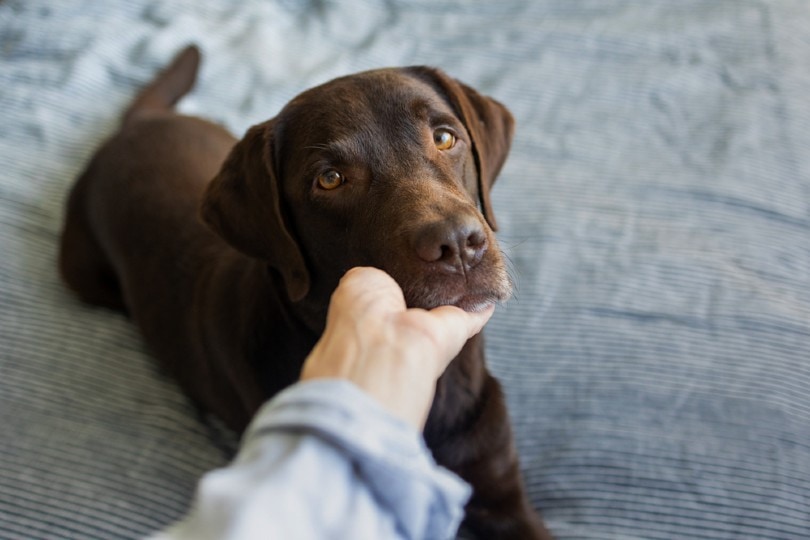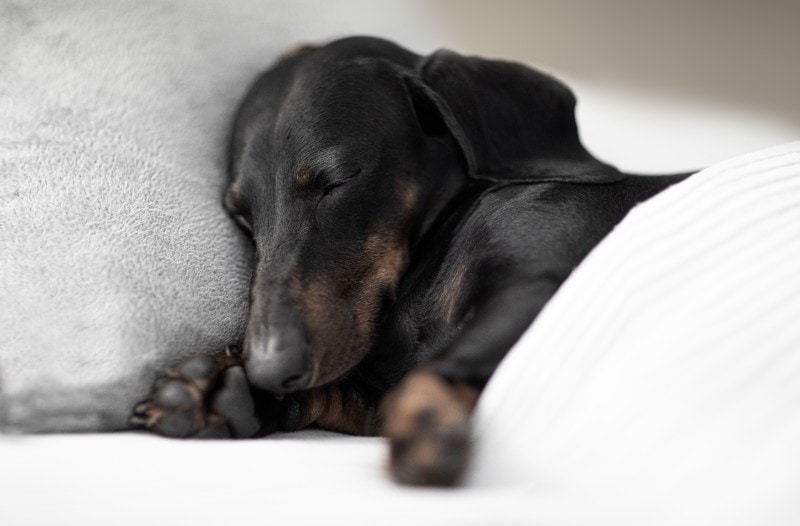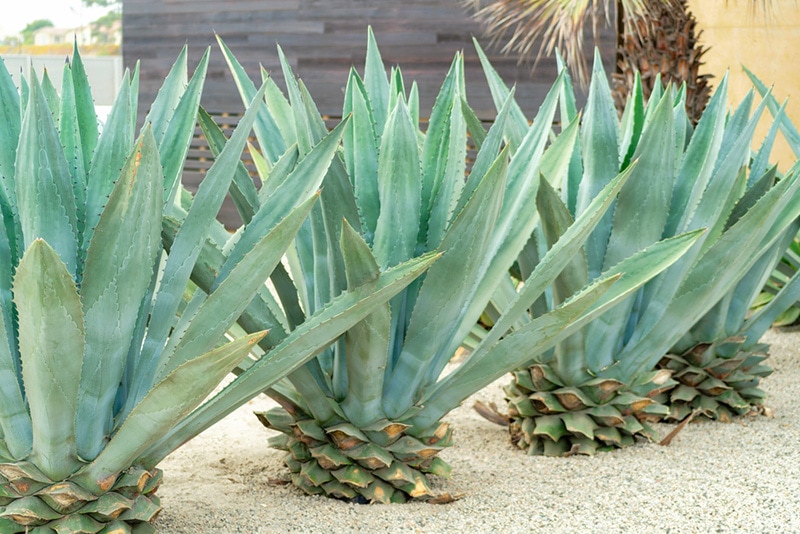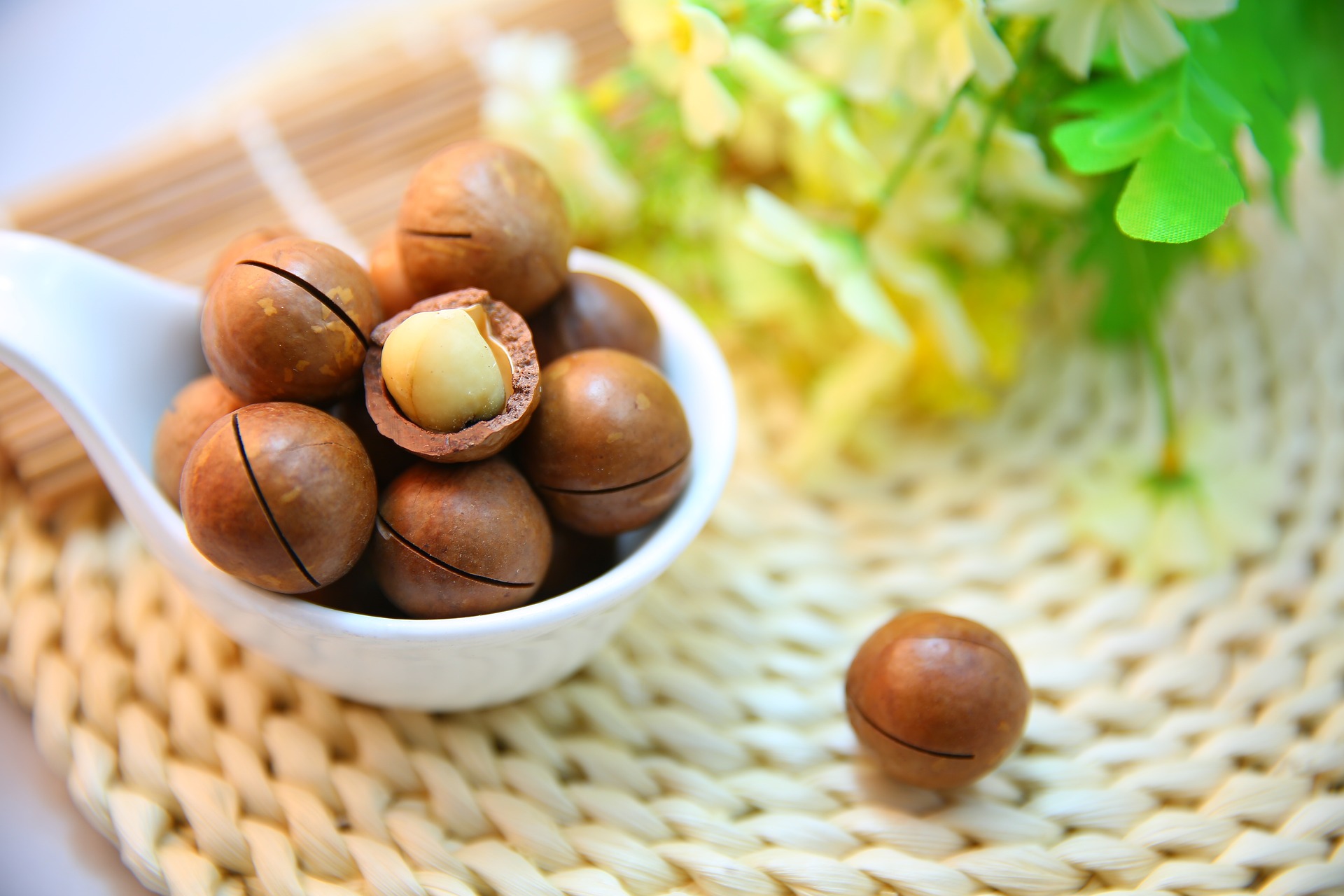Flour is one of the most common ingredients in kitchens and pantries, especially for those who love baking. If you love to bake and tend to make a mess when you do, you might wonder if it’s safe for your dog to clean up the flour you leave behind. Dogs can safely eat flour as long as it’s not made from any toxic source.
In this article, we’ll talk more about dogs eating flour, including some concerns, such as allergies, to be aware of. We’ll also let you know the bigger danger than flour that dog-loving bakers should watch out for in the kitchen.
Flour and Dogs: The Basics
Flours of all types, including gluten-free types such as rice or almond flour, are okay for your dog to eat in limited quantities. Many homemade dog treat recipes include flour on the ingredient list. Be sure to check each of the ingredients in the flour you are using to ensure their safety for dogs.
However, your dog shouldn’t eat large amounts of flour for a few reasons. First, your dog really shouldn’t be eating much of anything that isn’t their regular, nutritionally-balanced diet. Some types of flour are healthier than others, but if your dog fills up on human foods, it may not be hungry for dinner.
When a dog eats an excessive amount of any food, including flour, it could upset its stomach or worse. Overeating can cause the dog’s stomach to expand painfully with gas, which is a condition called bloat. Bloat is most common in large dogs and is a true medical emergency.
Some dogs have sensitive digestion, and eating unfamiliar food, such as flour, could lead to an upset stomach or diarrhea.

What About Allergies?
Flour is made from grains, most commonly wheat. As you’re likely aware, many pet owners feed grain-free dog food partly because they believe their dogs are allergic to grains. In reality, most canines experience allergies to protein sources rather than carbohydrates like grain.
However, a study from 2016 did find that wheat was one of the four most common food allergy triggers in dogs. The other three were beef, chicken, and dairy products. Given this finding, your dog could be allergic to wheat flour. This should be discussed with your veterinarian.
Some common signs of food allergies include vomiting and diarrhea, which also may occur if flour doesn’t agree with your dog’s digestive system. It can be hard to tell the difference between a food intolerance versus an upset stomach, so don’t assume your dog has a wheat allergy without discussing it with a vet.
The best way to accurately diagnose food allergies is through a diet elimination trial, which can take weeks or months. If you suspect your dog has a wheat allergy, talk to your veterinarian about what to do next.

Yeast Poisoning: The Real Baking Danger
While eating plain flour usually won’t cause a problem for your dog, flour that’s been worked into a dough with yeast is another story. Unbaked dough with yeast, such as that used for making bread, rolls, or pizza, is dangerous to your dog if ingested.
Warmth causes the dough to rise, and a dog’s stomach is just the right environment. When a dog eats unbaked dough, it may expand in its stomach, potentially causing bloat.
As we mentioned, bloat is a life-threatening condition that requires immediate care.
Even if your dog doesn’t bloat from eating bread dough, it’s still at risk. The yeast in the bread dough ferments as it sits in your dog’s stomach, releasing alcohol. When this happens, your dog could suffer alcohol poisoning.
In dogs, alcohol poisoning can cause seizures, low blood pressure, and respiratory failure. If you love to bake, don’t leave your dough rising anywhere your dog can get to it. Should your dog eat unbaked dough, take your pet to your veterinarian as soon as possible.

Conclusion
While your dog shouldn’t make a habit of snacking on flour, it’s generally okay and safe for them to eat. However, any unfamiliar food can upset your dog’s stomach, and some pups may be allergic to wheat. In addition, eating raw dough with yeast can cause life-threatening complications for your dog. Remember that the bulk of your dog’s daily calories should come from a nutritionally-balanced and complete, commercial diet. If you want to provide human foods as snacks, flour probably won’t be your dog’s first choice anyway!
Related Read:











